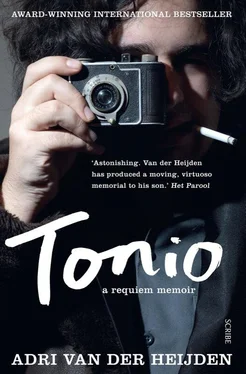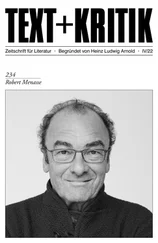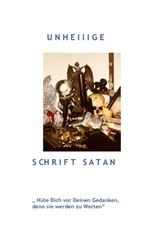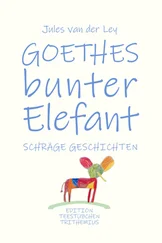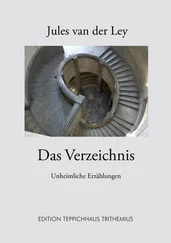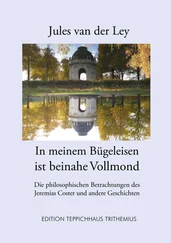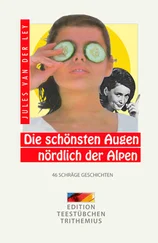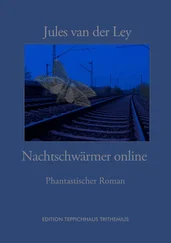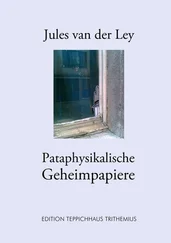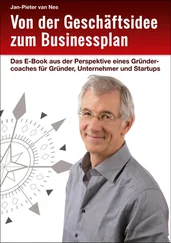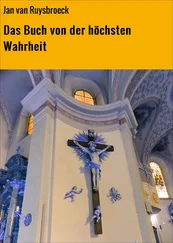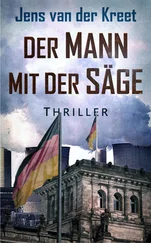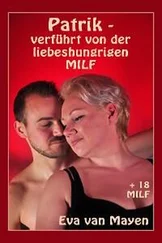So the spring of ’89 plodded along in a sort of padded emptiness. Restiveness reigned. Where had my choice for the ‘everyday’, unobtrusive life as husband and father gone wrong? Café visits hardly ever resulted in anything spectacular except for the liquor bill.
3
As hot as it was, Miriam trembled quietly and rhythmically — something in between a shiver and a shudder. As far as her shaking head would allow, she focused on a point on the floor in front of her, like you do when you’re nauseous and the room is spinning and you’re determined not to throw up.
‘Minchen, I’ve just thought of something … That work space on the Kloveniers back in ’89, that was a big mistake.’
Miriam did not look up, did not answer.
‘I was so disillusioned. Huize Oldenhoeck, happily settling into that enormous apartment with you and Tonio, I had set my sights on it. Just like you did. And suddenly that goon with his Stetson and sledgehammer. Remember him?’
Miriam nodded, but it wasn’t clear whether she was really listening.
‘I understand my own disenchantment,’ I continued, ‘but that was no excuse to take refuge in bars, to miss out on so many evenings with Tonio … that magical hour before he went to bed … how he bonk-bonk-bonked over to me on his knees and elbows when I came into the hall. Always laughing.’
Miriam laid her hand on my thigh and gave it a weak squeeze. ‘Don’t torture yourself,’ she said softly.
4
In mid-June 1989, I took a taxi to the Kloveniersburgwal. The lease was up as of 1 July. I had loaded my things into the boot, with the exception of the collage of notes, which I preferred to keep with me on the back seat. As I carried it down the stone steps, I only realised then how heavy all that glue made it.
I wanted the kind of vacation I imagined at the close of a working year: easy-going, without alcoholic bacchanals or daredevilry on motorboats and water skis. Tender togetherness with my little family, from sun to shade and back again. Occasional swimming or walking. Nothing more outlandish than a bottle of cold rosé at lunch under a parasol. Musing on the work that would resume after the summer … finally, writing with fountain pen again instead of a glue stick …
Agreeable visions, but it was Miriam who went in search of a house in France to rent for six weeks. She found a former maison d’école in the Dordogne, near the medieval town of Monpazier. The house, which belonged to the borough of Marsalès (all of its older residents had gone to school there), was not far from a campground popular with Dutch families. There was an artificial swimming pond with a sandy beach where Tonio could play. Couldn’t get more low-key than this, and it was exactly what we had in mind. What I had in mind, at least.
We travelled by bus, which left from Stadionplein in Amsterdam in the early morning. At the back of the coach was a storage area for bicycles. Miriam had brought her bike, with child seat: this way we’d be more mobile with Tonio, who had just celebrated his first birthday and who had only now started experimenting with walking on his own.
I had negotiated a double-wide seat at the back of the bus with the tour leaders (that is, the two alternating drivers) so that I could stretch out on the folded-down seat backs with Tonio at night.
After an hour-and-a-half of sleep, Tonio sat straight up. The coach raced, far too fast for my liking, through the French night. His eyes wide open, dummy sucked tightly into his mouth, Tonio kept his gaze fixed on the front windscreen at the end of the aisle. Through it, the world came rushing toward us at full speed: dizzying shadow patterns, the headlights of oncoming traffic, the dotted lines of the street lamps bending every which way … his tiny body heaved and rolled with the shock absorbers. Leaning back and supporting myself on the palms of my hands, I wound my legs lightly around Tonio to prevent him from taking a tumble during unexpected curves. He gazed greedily, curiously, but cautiously as well and even a tiny bit frightened. Sometimes, he turned his head briefly and questioningly in my direction, as though asking me to explain this wildly careering bedroom full of strangers.
‘Okay, little fella, now it’s time to go to sleep.’
Every time I gently nudged him down, he bounced back up like a jack-in-the-box, his big eyes glued to the windscreen. He simply had to keep looking.
Perhaps I underestimated the fearfulness of a one-year-old. It prevented me from getting any shuteye myself. Of course bus accidents always happened to other people (who, according to the tour operators responsible, were ‘at the wrong place at the wrong time’), but never to us. But the drivers also were putting in long hours, without a break, I’d sussed that out by now. Pit stops at a roadside restaurant consisted of the off-duty driver shunting the passengers to and from the toilets, while his colleague waited at the wheel of the purring and palpitating bus with its oversized tyres. This, in combination with the breakneck speed, did considerably cut down on travel time, while the drivers still earned their complete wage.
Tonio and I spent most of the night awake. I watched him, and he never once took his eyes off the teeming motorway. Gradually the dummy came into action; it had been clamped firmly in his jaw and I had to prise it out of his mouth in order to give him his bottle of water. His sucking meant he was relaxing. Tonio’s eyelids started drooping just as it began to get light above the hills on the eastern horizon. By the time the sun was visible, Tonio was fast asleep. I laid him carefully between my legs. The jack-in-the-box mechanism had shut down. He slept until we arrived in Marsalès. Daybreak was apparently the sign to his small, frightened soul that the danger of night had subsided.
Damn it, Tonio, how I wish that early this morning, before daybreak on the Stadhouderskade, I could have mustered up the same vigilance as back then.
5
‘What a horrible complex. Huge.’ Hinde rushed into the room. ‘I got totally lost.’
She was pale, her eyes wide with fear. ‘To start with, the taxi driver set me off at the wrong entrance.’
She held a pack of cigarettes. ‘Yeah, I just had to have smokes. Otherwise I’d never make it through the day.’
I suggested going back outside so she could light one up. But before we made a move to leave, the sisters fell tearfully into each other’s arms.
The courtyard, an open terrace built atop a lower floor of the hospital, radiated the heat of the noonday sun. A perfect Whit Sunday. We sat on a bench between the planters, but before long we all felt that the sun was too strong. There were some outdoor chairs further up. We dragged them into the shade. The sun continued to reflect intensely from the light-grey paving stones, large windows and gravel-cement planters.
‘Gotta do this today,’ Hinde said, lighting a cigarette. Soon thereafter the young nurse hurried over to us. My heart clenched. I felt on my shoulder how Miriam stiffened, gasping for breath. That the nurse came charging at us like that, her blonde hair flapping in the sun, could only mean that there was news, bad news.
‘Ma’am,’ she said, panting slightly, ‘you’re not allowed to smoke here.’
‘I don’t normally,’ said Hinde. ‘It’s just that my nerves … this whole mess …’
‘I really do understand,’ the young woman replied, ‘but this is a no-smoking area, no matter what. So please …’
‘I’ll put it out.’
Poor Hinde. She was forbidden even this one transgression in her new life. The nurse headed back — no longer running, but more like trotting — to the glass door, back to Tonio’s sedated hell.
Читать дальше
